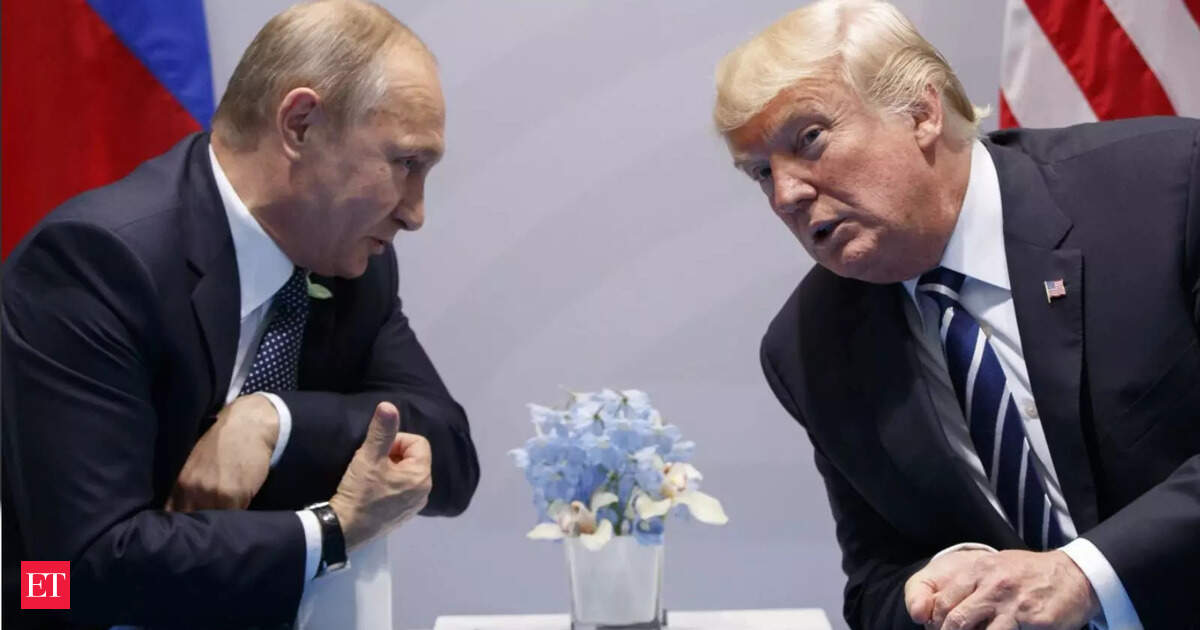The Russian Foreign Ministry accused the U.S. of heightening global risk by testing, producing, and deploying missile systems that were previously barred under the now-defunct Intermediate-Range Nuclear Forces (INF) Treaty.
The Intermediate-Range Nuclear Forces (INF) Treaty was a landmark arms control agreement signed by the United States and the Soviet Union in 1987. The treaty required both nations to eliminate and permanently forswear all land-based ballistic and cruise missiles with ranges between 500 and 5,500 kilometers. Its collapse in 2019 removed a crucial pillar of European security, opening the door for renewed missile deployments and escalating tensions between NATO and Russia.
Russia cited the recent deployment and testing of such missiles in Denmark, the Philippines, and Australia as signal events, arguing that these actions pose a “direct threat” to Russian national security. In response, the Kremlin announced it would take unspecified “military-technical” measures aimed at restoring what it calls a strategic balance with the West.
The developments come against the backdrop of intensified public threats and diplomatic maneuvers. Former Russian President Dmitry Medvedev, issued an implicit warning: “The Russian Foreign Ministry’s statement on the withdrawal of the moratorium on the deployment of medium- and short-range missiles is the result of NATO countries’ anti-Russian policy. This is a new reality all our opponents will have to reckon with. Expect further steps.”
Trump had also publicly ordered the repositioning of two U.S. nuclear submarines “in the appropriate regions” in response to Medvedev’s provocative statements earlier this month.Despite attempts at de-escalation, the Russian Ministry confirmed that Russia’s nuclear doctrine “remains in effect” and warned that all its provisions are still applicable. This follows the U.S. administration’s stated intention to supply advanced weapons and support to Ukraine, which Russia claims crosses several of its declared “red lines.”The war of words has been accompanied by troop movements and military exercises. Recent weeks have seen joint Russian-Chinese naval drills in the Sea of Japan and fresh warnings from President Trump, who threatened new, unspecified sanctions against Russia should Moscow refuse to meet his deadline for a Ukraine ceasefire.
Trump also said he is prepared to impose “secondary sanctions” on China and India if they continue to buy Russian oil—a blow to the Russian economy, which currently allocates around 40% of its budget to military and security spending.
Meanwhile, Trump’s diplomatic envoy, Steve Witkoff, is scheduled for another round of high-stakes talks in Moscow in an effort to broker a ceasefire—a prospect some observers remain skeptical about, given Russia’s maximalist demands and continued military actions in Ukraine.

